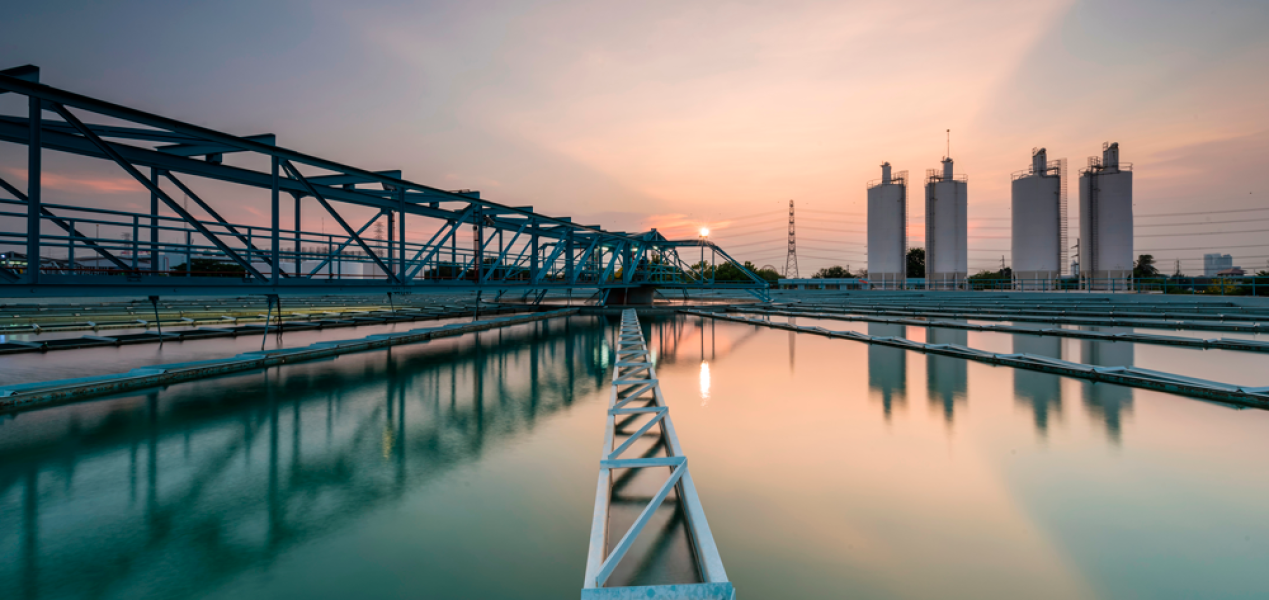As we are in the middle of a drought, we should pause to think about such a limited resource as water, taking advantage of the fact that today, 22 March, is World Water Day. It is also very present in several SDGs of the 2030 Agenda, not only in Goal 6 dedicated to water sanitation, but also in Goals 7, 11, 14 and 15, focused on energy, cities, underwater life and terrestrial ecosystems, respectively.
Water is life, but we still do not reuse it as much as we could and millions of litres of this limited resource are wasted instead of being put to good use. This is a reality in Spain and around the world: wetlands disappearing, restrictions on the use of drinking water, businesses closed due to lack of access to water resources, unhealthy water because it has not been treated, drinking water used for cooling power stations…
According to the United Nations, 44% of domestic wastewater is not treated safely. As this year’s slogan says: we need to accelerate change!
How can we make better use of water?
We need to make changes in habits and processes to reduce water use. This reduces water extraction, but it is inevitable that waste will be generated. This is why we must also change the way we treat it, so that we are not dependent on the original source.
There are several types of wastewater depending on their origin:
- Domestic or urban, originating from households and cities, i.e. originating mainly from the population.
- Industrial, from factories or energy production plants.
- Agricultural and livestock, originating from the activity of the first sector and which it is usually responsible for reusing itself, with some exceptions.
The pollutants that each one introduces into the water are different, but all of them can be treated for reuse. This is a key factor in sustainability because it is a way of consuming less and avoiding the depletion of this natural resource.
How is this achieved? Through treatment plants or stations dedicated to each type of wastewater:
- Industrial or WWTPI, in which grease, sand or organic matter dissolved in the water, among other pollutants, are treated. Specific products such as coagulants, flocculants, pH regulators, defoamers, nutrients or lime are necessary.
- Urban wastewater treatment plants or WWTPs are similar, but it is also necessary, for example, to remove objects thrown into the sewage system, organic compounds, pathogens that can produce or transmit diseases. Some specific products for this type of treatment plants are responsible for reducing phosphorus and removing filaments.
The objective of wastewater treatment plants (WWTP) is to treat wastewater so that it can be returned to its source, be it river, sea or reservoir. In this way, it re-enters its cycle in a safe way, so that it can be used again for energy, agriculture or living beings, after purification.
At Barcelonesa, we have a division specialised in wastewater treatment, to provide a quick response to both industries and public institutions. We want to support those who are willing to make a more sustainable use of water, for the environment and for people.


